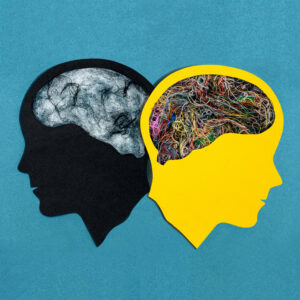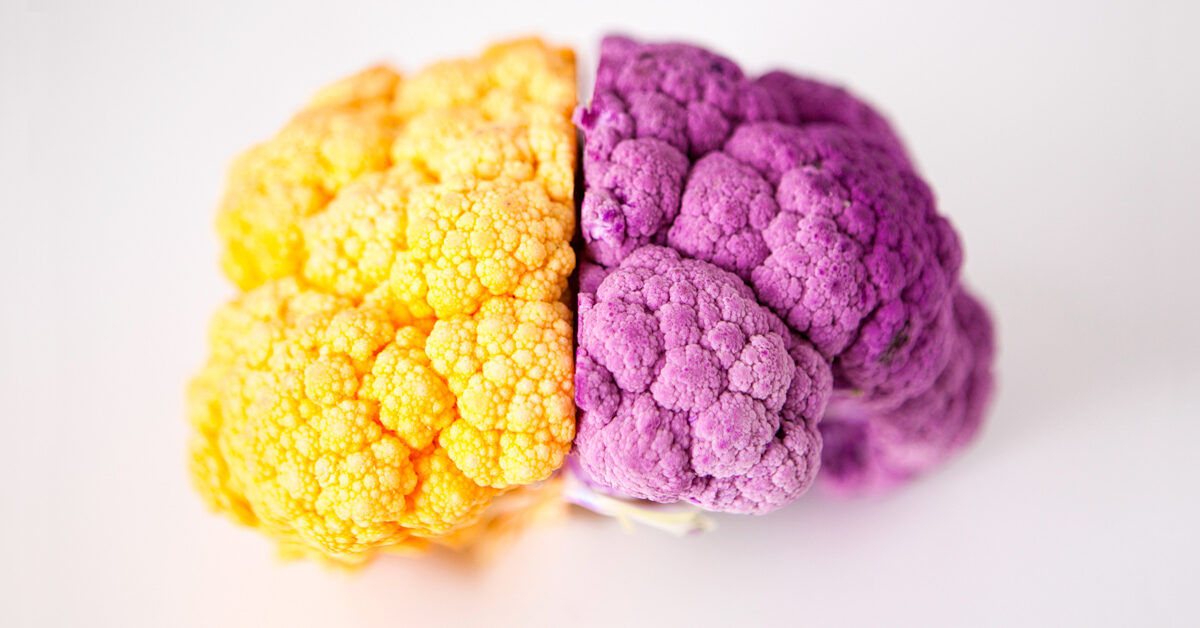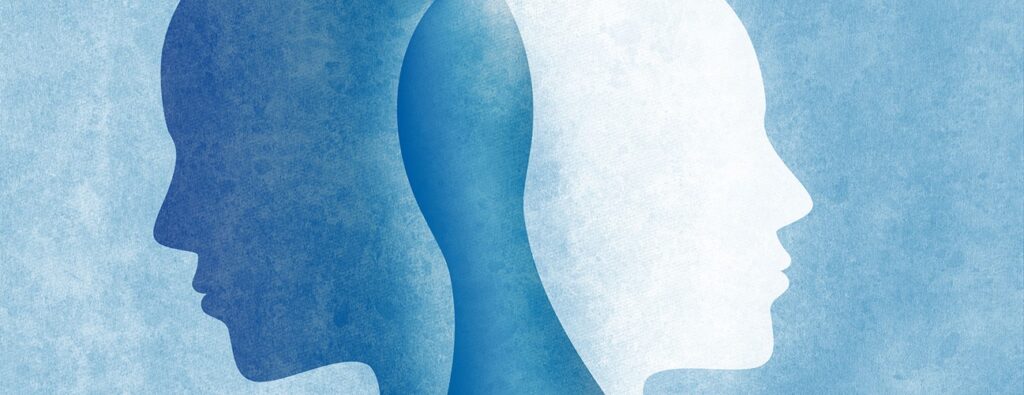If you or someone you know is living with bipolar disorder, it’s important to understand the differences between bipolar 1 and 2. While both types of bipolar disorder involve periods of mania and depression, there are some key distinctions between the two. In this blog post, we will discuss the symptoms of bipolar 1 and 2, as well as the treatments available for each type.
Contents
Bipolar Disorder 1 And 2

Bipolar disorders 1 and 2 are both mental disorders that are characterized by mood swings. However, there are some key differences between the two.
Bipolar Disorder type one is defined by manic episodes. These manic episodes can last for at least a week and can be so severe that the person may have to be hospitalized. During a manic episode, a person may experience delusions and hallucinations.
Bipolar Disorder type two is defined by both depressive and hypomanic episodes. Hypomanic episodes are not as severe as manic episodes but can still last for at least a week. People with Bipolar Disorder type two do not experience delusions or hallucinations during their episodes.
Both types of Bipolar Disorder can be treated with medication and therapy. If you think you or someone you know may be suffering from Bipolar Disorder, it is important to seek professional help.
Differences Between Signs of Bipolar Disorder 1 And 2

The differences between bipolar disorder type I and II are significant. Here’s a quick overview of the two types:
Bipolar Disorder I is characterized by manic episodes that last at least seven days, or by manic symptoms so severe that hospitalization is necessary. During a manic episode, individuals may experience delusions and hallucinations. A person with bipolar disorder II will never experience a full manic episode- but may have hypomanic episodes (a milder form of mania).
While the symptoms of bipolar I and II may seem similar, there are some key differences that set them apart. Individuals with bipolar I tend to have more extreme mood swings and higher levels of energy during a manic episode. They may also be more likely to act impulsively and engage in risky behavior. Bipolar II, on the other hand, is characterized by less severe manic episodes. People with bipolar II are also more likely to experience depression than those with bipolar I.
Difference Between Causes of Bipolar Disorder 1 And 2

The difference between causes of bipolar disorder type I and II are not fully understood. However, it is believed that there are certain genetic and environmental factors that may contribute to the development of each type.
Type I bipolar disorder seems to be more strongly linked to a family history of bipolar disorder or other mental illness, while type II may be more likely to occur in those with a history of physical or sexual abuse. Drug abuse also appears to be a risk factor for both types but is more commonly associated with type I.
It is important to note that having one or more of these risk factors does not mean that a person will develop bipolar disorder. Similarly, many people with bipolar disorder do not have any known risk factors. causes of bipolar disorder type I and II differ.
Bipolar disorder type I is more likely to be associated with a family history of bipolar disorder or other mental illness, while type II may be more likely to occur in those with a history of physical or sexual abuse. Drug abuse also appears to be a risk factor for both types but is more commonly associated with type I.
There are also certain genetic and environmental factors that may contribute to the development of each type. It is important to note that having one or more of these risk factors does not mean that a person will develop bipolar disorder. Similarly, many people with bipolar disorder do not have any known risk factors.
Difference Between Diagnosis of Bipolar Disorder 1 And 2
The main difference between bipolar disorder type I and II diagnosis is the severity of symptoms and the number of manic episodes.
Bipolar I is diagnosed when an individual has had at least one episode of mania. This is a period of abnormally elevated or irritable mood, energy, and activity levels.
On the other hand, bipolar II is diagnosed when an individual has had at least one major depressive episode. It is also when had least one hypomanic episode (a less severe form of mania).
Differences Between Treatment of Bipolar Disorder 1 And 2
The differences between the treatment of bipolar 1 and bipolar disorder II are not as great as one might think. The main difference is that people with bipolar I need to be hospitalized more often than those with bipolar II. People with bipolar I also have more manic episodes than those with bipolar II.
Both types of bipolar disorder require medication and therapy. Medications used to treat bipolar disorder include mood stabilizers, antipsychotics, and antidepressants. Therapy can help people with bipolar disorder learn how to cope with their symptoms and manage their illness.
If you or someone you know has been diagnosed with bipolar disorder, it’s important to seek treatment right away. Bipolar disorder is a serious mental illness that can be difficult to live with. But it is possible to manage the condition and lead a happy and fulfilling life.
Conclusion
Bipolar disorders 1 and 2 may seem similar, but there are important distinctions between the two. Bipolar disorder type I is marked by manic episodes that last for at least a week, while bipolar disorder type II is characterized by less severe hypomanic episodes. People with bipolar disorder type I may also experience psychotic symptoms during their manic episodes, whereas people with bipolar disorder type II typically do not.
If you think you or a loved one may be suffering from bipolar disorder, it’s important to seek professional help. A qualified mental health professional can perform an evaluation and give you a diagnosis. With treatment, most people with bipolar disorder can lead happy and productive lives.
A Word From Therapy Mantra
Your mental health — Your psychological, emotional, and social well-being — has an impact on every aspect of your life. Positive mental health essentially allows you to effectively deal with life’s everyday challenges.
At TherapyMantra, we have a team of therapists who provide affordable online therapy to assist you with issues such as depression, anxiety, stress, workplace Issues, addiction, relationship, OCD, LGBTQ, and PTSD. You can book a free therapy or download our free Android or iOS app.


